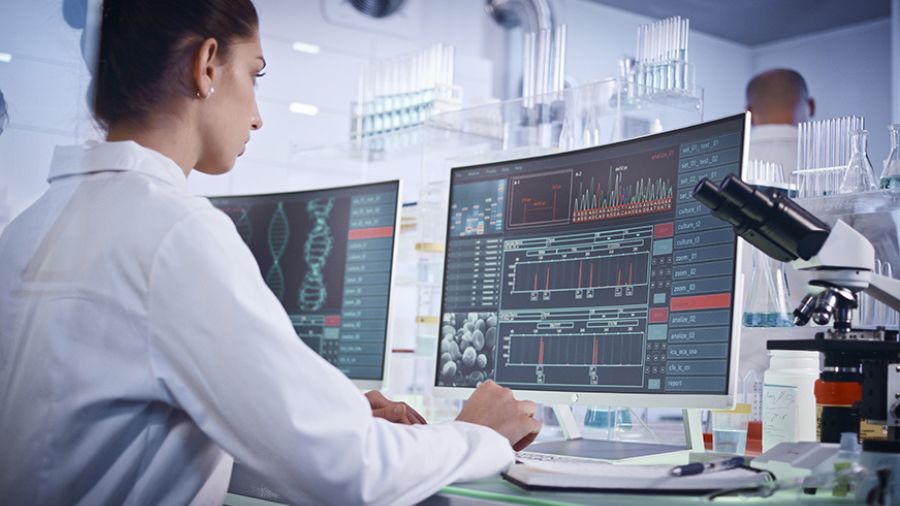At least 1 in 3 women and 1 in 5 men will break a bone due to osteoporosis in their lifetime.
November is Osteoporosis Month. This month raises awareness for people living with osteoporosis or who are at risk of the disease. Osteoporosis is known as the “silent bone disease” where bones weaken over time, going unnoticed until the first bone break happens. Osteoporosis can occur due to a lack of bone-building nutrients, low estrogen in women post-menopause, or as a natural decline in bone health in older adults.
Here are three helpful tips for maintaining healthy and strong bones in your daily routine.
Stay active
Physical activity is essential to good bone health. Exercise helps develop and maintain strong bones to prevent falls leading to broken bones and fractures. Strength and resistance training, balance exercises and low-impact aerobic activity are great workouts to treat or prevent osteoporosis. Low-impact activities to incorporate into your workout routine include walking, weight lifting, dancing, tai chi, yoga and swimming. With the cold weather fast approaching, try some online workouts where minimal equipment is required.
Eat well
Healthy eating is crucial for building bone, maintaining bone mass and slowing down bone loss during adulthood. A balanced diet that includes healthy amounts of calcium and vitamin D will help to slow down bone loss and reduce the risk of osteoporosis-related breaks and fractures. Look for foods that are high in fiber and protein that are packed with essential vitamins and minerals. Fish such as salmon and canned tuna provide a great source of vitamin D. Calcium-rich foods often include milk, cheese and yogurt, however, there are many foods that are dairy-free sources of calcium. Seeds and nuts, beans and lentils, along with leafy greens like spinach and kale are all great sources of calcium.
Get your vitamins
Maintaining adequate amounts of essential vitamins and minerals – like calcium and vitamin D – are key to healthy bones throughout your life. Calcium helps keep bones and muscles strong and vitamin D helps the body absorb calcium. Vitamin D and calcium requirements vary for certain age groups and for women who are pregnant. It’s important to know what the requirements are for your age group to ensure you are getting the right amount of vitamins you need for optimal bone health.
UHN’s Osteoporosis Clinic is part of The Schroeder Arthritis Institute. The Schroeder Arthritis Institute continues to revolutionize arthritis care – advancing new innovations and discoveries to stop arthritis in its tracks. Learn more here.


